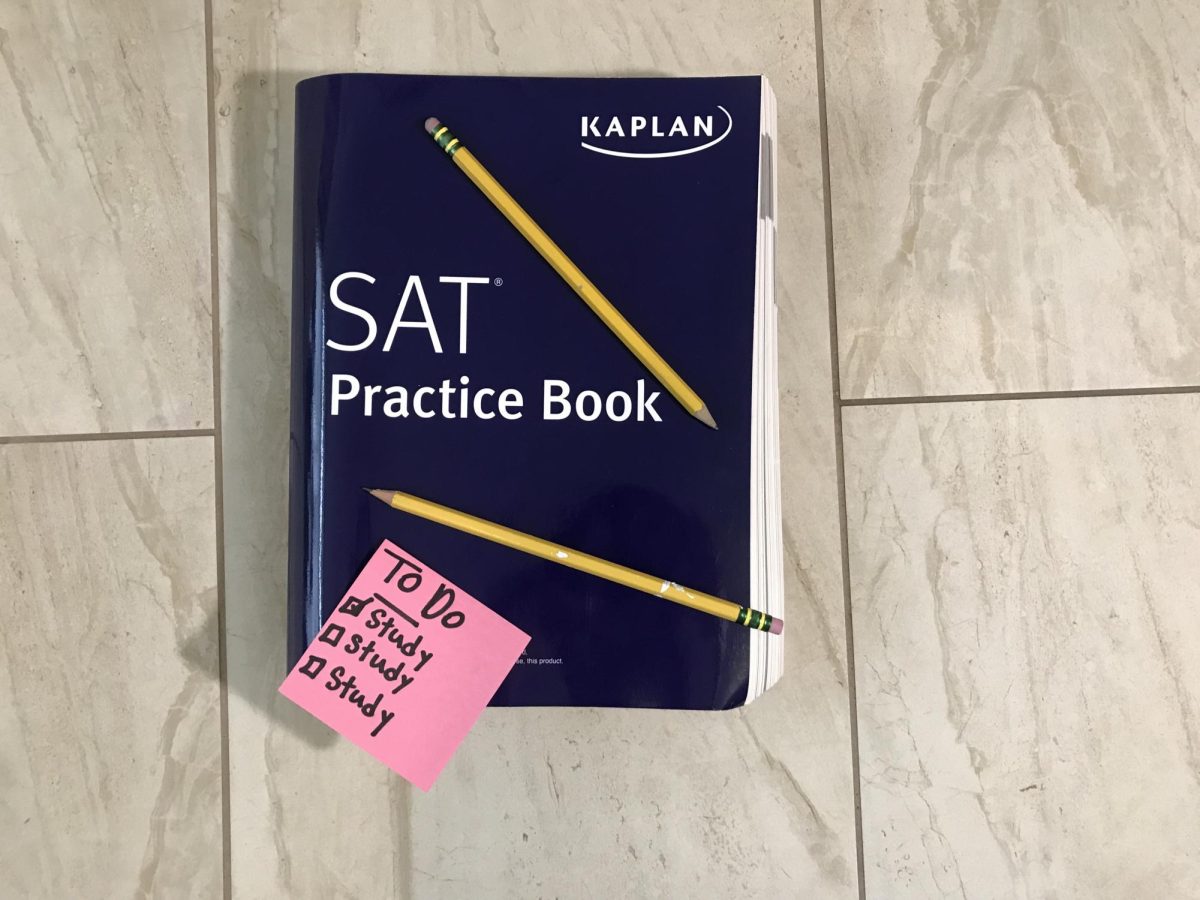High school juniors and seniors across the US are debating whether they need to take, retake, or ignore entirely the SAT for college. Since many colleges chose to become test-optional for incoming freshmen when COVID-19 shut down in person testing, many people in education have begun questioning whether the requirement of the SAT is effective in determining college-readiness.
Most colleges are reinstating the SAT requirement for applications in 2024 and 2025, however some universities are planning on remaining test optional for longer, such as Harvard University, which extended its test-optional policy through 2026. People who are in support of making the test-optional policy permanent for colleges state that not requiring standardized testing will open more college options to students who may be qualified for a more rigorous course of study but are misrepresented by their SAT scores. However, those opposed to allowing test optional policies to continue argue that without standardized testing requirements, top universities lose their prestige and lower academic excellence standards.
The overall argument can be summarized into one simple question: does the SAT accurately predict a student’s success in college or not?
In a study by the UChicago Consortium in 2020 aimed to determine if GPA or standardized test scores better indicated a student’s potential and performance in college. Researchers found that GPA was more consistent with accurately predicting student success across a wide variety of high schools than test scores and found many cases where those with low scores and high GPA were extremely successful in higher education.
“High-school GPAs might be stronger indicators of college readiness because they measure a wider variety of skills—including effort over an entire semester in many different types of classes, and demonstration of academic skills through multiple formats. On the other hand, standardized tests measure a smaller set of skills, and students can prepare for these tests in narrow ways that may not translate into better preparation to succeed in college.” –UChicago News.
The SAT consists of two main sections: math skills and English. Judging a student’s overall potential of college success based on these two categories does not necessarily show how well they will do in their field of study, given that there is a wide variety of majors available in college.
Although many other researchers over the years have proved that the SAT can effectively measure academic intelligence, some claim even better than GPA can, what the SAT fails to factor into predicting overall success in college is work ethic.
Some students may have a high GPA, but a low SAT, because they are intelligent and hardworking, however their potential to do well in college cannot be accurately represented by one standardized test score. In addition, other students may have a high SAT score because of their natural intelligence, but a low GPA because of their lack of work ethic over time.
This is not to say that a student with immense potential could have a low GPA but be better represented by a high SAT score that helps them get a better chance to thrive in higher education.
Overall, submitting SAT scores to be considered with a student’s application can be a useful tool for the admissions committee to make their decision; however, students whose SAT scores do not accurately represent them should not be required to send them in for consideration.
The majority of colleges would benefit from adopting the test-optional admission policy, opening more colleges to a more diverse range of students.














ANN S KELLY • Mar 22, 2024 at 2:42 pm
Work ethic is an excellent judge of success!